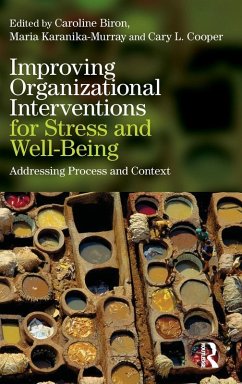
Improving Mental Health Therapies for Autistic Children and Young People
Promoting Self-agency, Curiosity and Collaboration
Herausgeber: Pavlopoulou, Georgia; Hurn, Russell; Crane, Laura
Versandkostenfrei!
Versandfertig in 1-2 Wochen
151,99 €
inkl. MwSt.

PAYBACK Punkte
76 °P sammeln!
This unique, collaborative book, featuring contributions from autistic and non-autistic experts, presents cutting-edge thinking on mental health and service transformation in relation to autistic children and young people (CYP) and their families.












